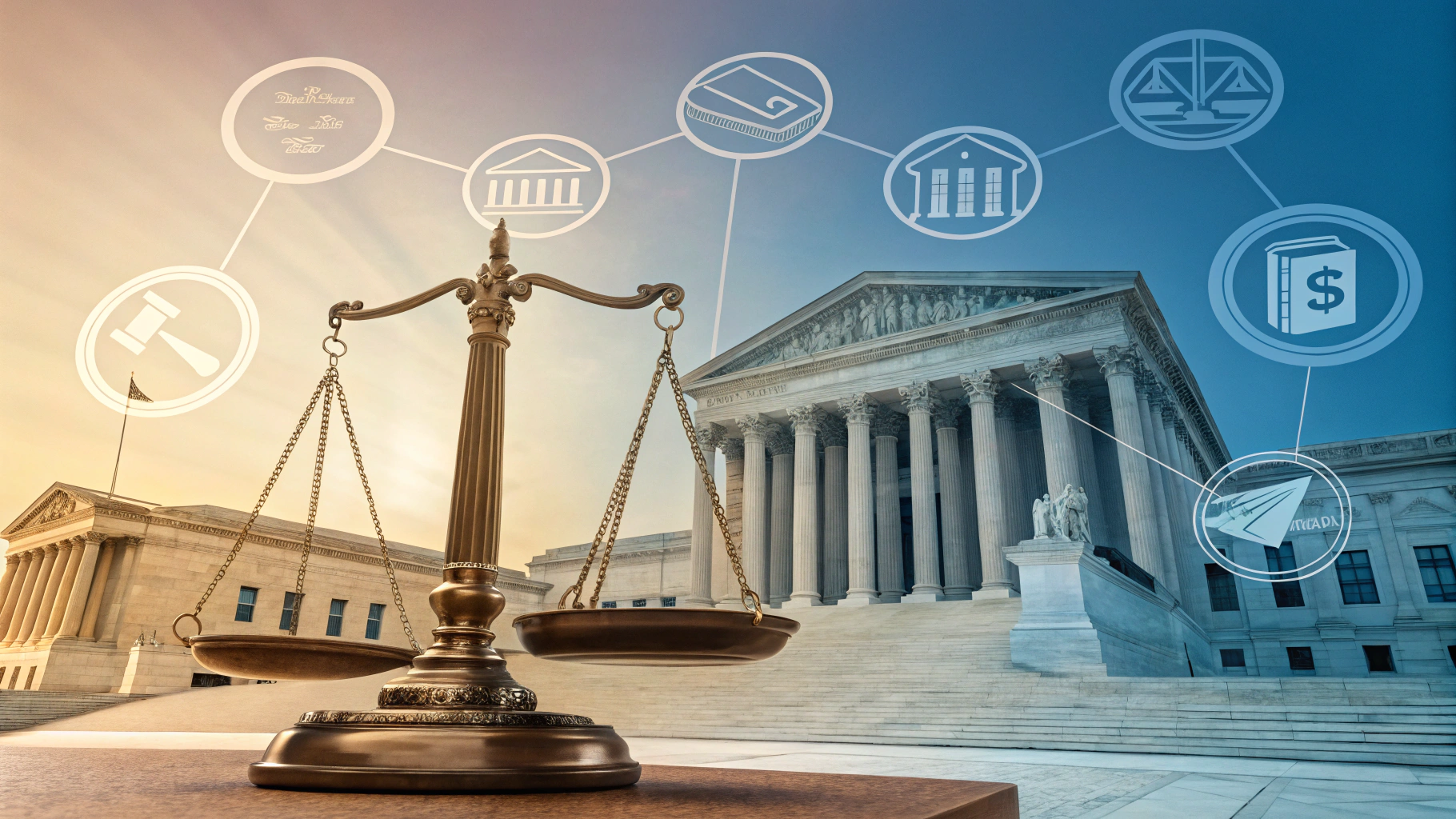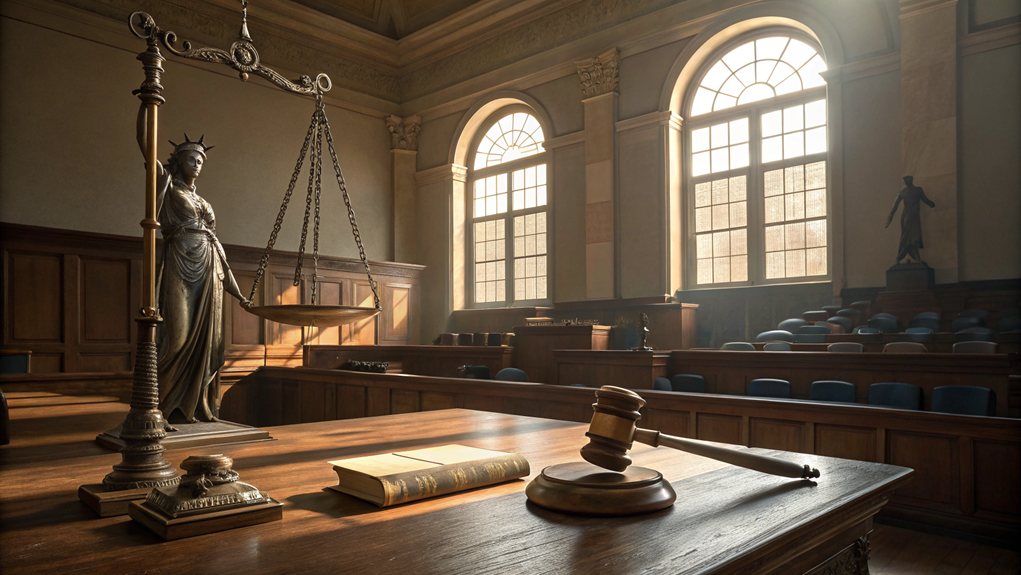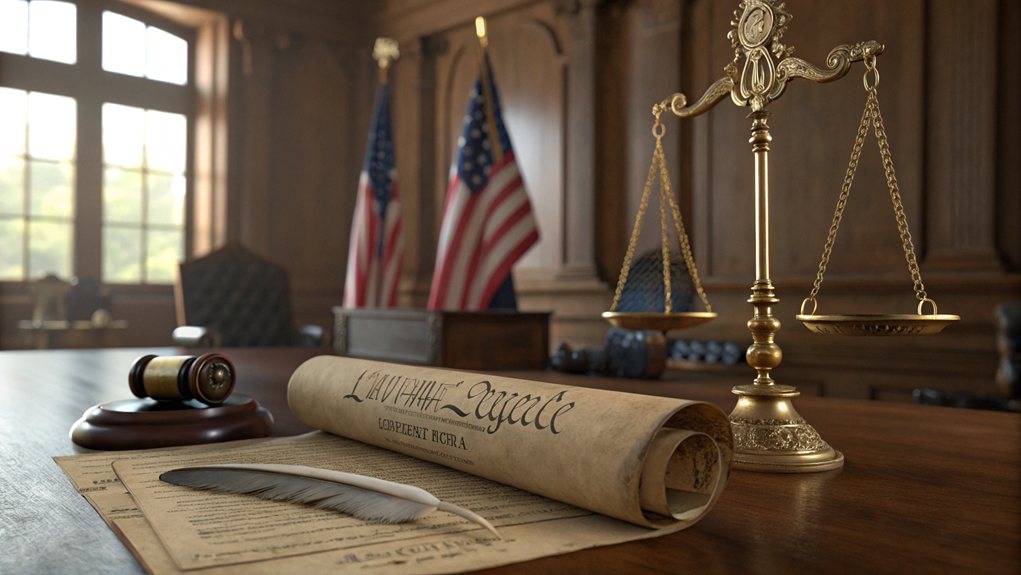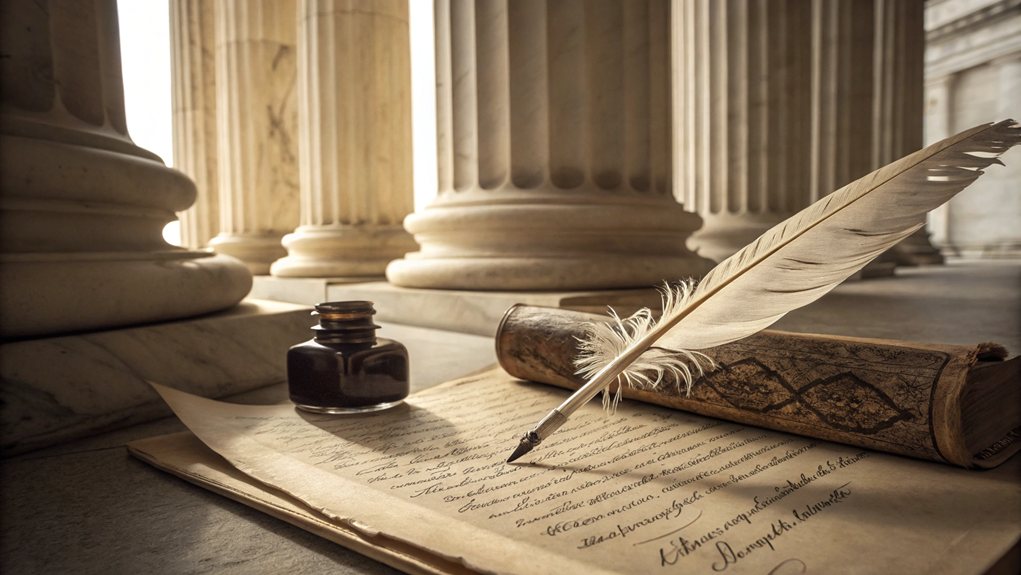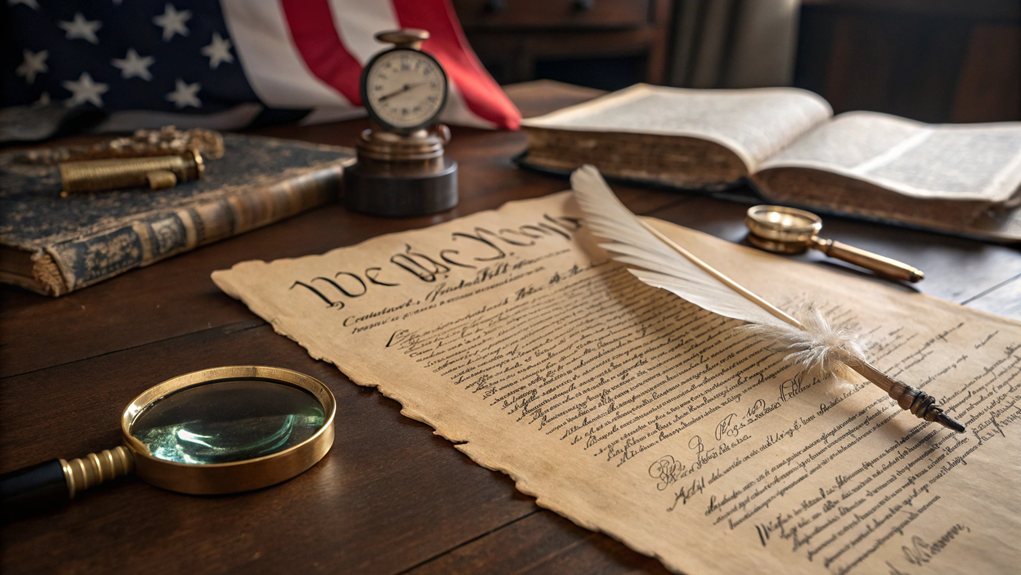The evolution of Supreme Court privacy rights has been quite a rollercoaster. It all kicked off with *Griswold v. Connecticut* in 1965 when privacy first got its moment in the spotlight. Since then, things have only gotten messier. We've seen decisions like *Roe v. Wade* add complexity, only to watch it crumble in *Dobbs v. Jackson*. Now, with digital surveillance creeping in everywhere, it's anyone's guess how privacy rights will hold up. Curious about where it might go next?
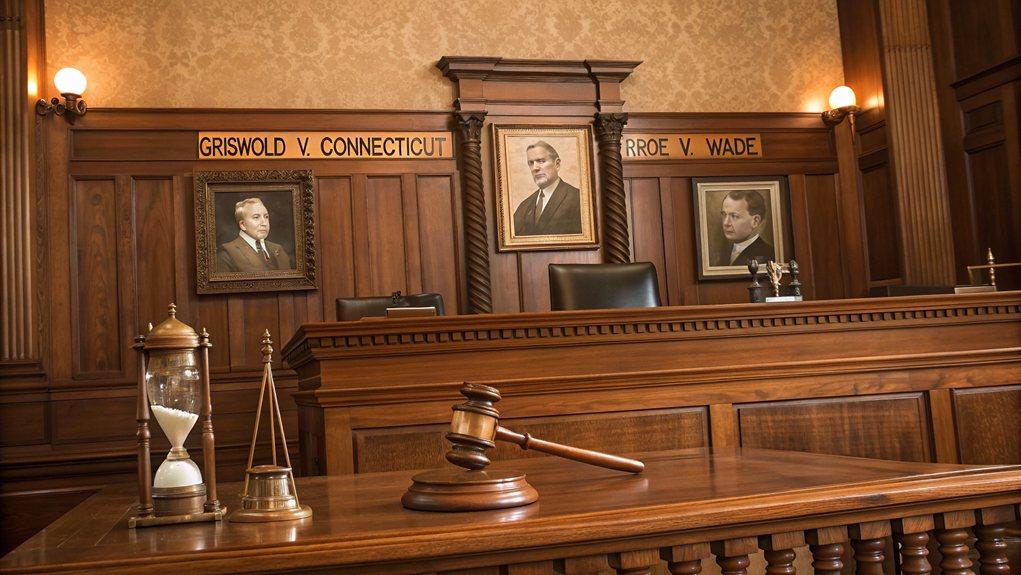
When it comes to privacy rights in the United States, one might think it's all laid out in the Constitution, but surprise! It's a bit of a legal jumble. The Constitution doesn't explicitly mention privacy. So, how did we get here? The late Louis Brandeis, in a Harvard Law Review article in 1890, kicked off the whole privacy conversation.
Fast forward to 1965, and the Supreme Court finally recognized a constitutional right to privacy in *Griswold v. Connecticut*. This case, which revolved around marital privacy and contraception, laid the groundwork for future decisions. The interpretation of privacy rights is intertwined with the 14th Amendment's clauses, which have been pivotal in shaping civil rights.
In 1965, *Griswold v. Connecticut* marked the Supreme Court's first acknowledgment of a constitutional right to privacy, shaping future legal battles.
After *Griswold*, things started to roll. The Court extended privacy rights to unmarried couples in *Eisenstadt v. Baird* in 1972, and then came *Roe v. Wade* in 1973, which threw abortion into the mix. Suddenly, privacy wasn't just about what went on behind closed doors; it was about whether individuals could control their own bodies.
But hold on—then came *Dobbs v. Jackson Women's Health Organization* in 2022, which threw a wrench in the gears by overturning *Roe*, leaving many wondering about the future of privacy. This has led to concerns about the potential future examination of Griswold and *Eisenstadt* in upcoming cases. The implications of overturning Roe extend beyond abortion rights, potentially jeopardizing various landmark decisions related to privacy and civil rights.
The Fourth Amendment offers some privacy protections against unreasonable searches, while the Ninth and Fourteenth Amendments hint at the existence of unenumerated rights. But as technology advances, so do privacy challenges. Digital data collection? Facial recognition? Surveillance? Welcome to the future, where privacy feels like a relic.
States can step in where the feds falter, often offering broader privacy protections. But, it's a mixed bag out there. State courts can interpret their own laws, creating a patchwork of privacy rights.
In the end, privacy rights have evolved from mere property concerns to essential aspects of personal autonomy. It's a messy journey, full of ups and downs, and the battle between privacy and other rights, like free speech, is ongoing.
Buckle up, folks; this ride isn't over yet.
Frequently Asked Questions
How Do Privacy Rights Differ Between States?
Privacy rights across states are a mixed bag. Some states have fancy laws, while others barely scratch the surface.
California? It's the superstar, with strict notice requirements. Virginia and Utah? They have their own quirks.
Opt-out options? Not every state thinks they're a big deal. And let's not even start on enforcement.
Businesses are left juggling these differences like a circus act. Consumers? They get rights, sure, but maneuvering this mess is no walk in the park.
What Role Does Public Opinion Play in Privacy Rulings?
Public opinion's influence on privacy rulings? It's complicated.
Sure, there's some chatter about how the Supreme Court might listen to the people, but evidence? Not much. People want privacy, especially with all this tech around.
Still, the Court doesn't always deliver. Decisions like *Carpenter v. U.S.* have changed the game, but public confidence? That's slipping.
Media spins the narrative, shaping opinions, while the Court tries to maintain some semblance of legitimacy. It's a circus.
Are Privacy Rights Protected Internationally?
Privacy rights are, believe it or not, protected internationally. Various frameworks exist, like the OECD guidelines and the GDPR in Europe.
Even the Universal Declaration of Human Rights throws a bone to privacy with Article 12.
But here's the kicker: enforcement is a mess. Countries differ wildly in their regulations.
So, while the intent is there, the reality? A chaotic patchwork of laws. Good luck steering through that!
Privacy? Not so simple after all.
How Do Technology Advancements Impact Privacy Rights?
Technology advancements are a double-edged sword for privacy rights.
On one hand, fancy stuff like AI and blockchain can boost security. Awesome, right?
But then you have facial recognition and spyware. Yikes. Suddenly, everyone's watching.
Laws scramble to catch up, but who's really protected? Privacy feels more like a myth these days.
People crave control over their data, yet tech giants keep pushing boundaries.
It's a wild ride, and trust? Well, that's hanging by a thread.
What Are the Implications of Privacy Rights for Businesses?
Privacy rights are a minefield for businesses. One misstep, and poof—hello, hefty fines!
Companies scramble to comply with a patchwork of laws, like the CCPA. Good luck keeping track!
Data collection? Keep it minimal. Third-party risks? Huge headaches. Cybersecurity? It's a must.
And don't forget about consumer trust—good luck building that on shaky ground.
In this chaotic landscape, businesses either adapt or risk going belly up. Simple as that.
